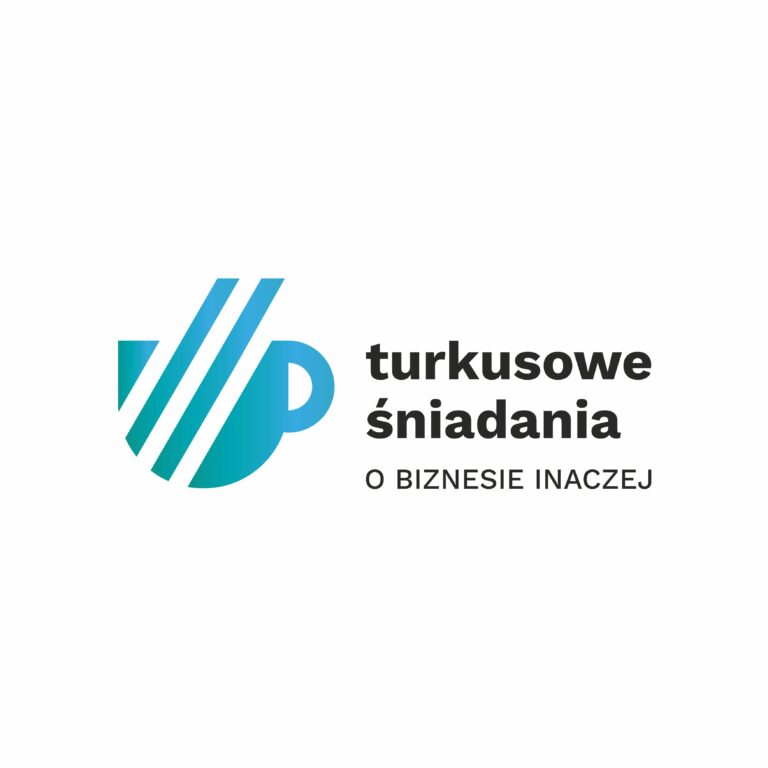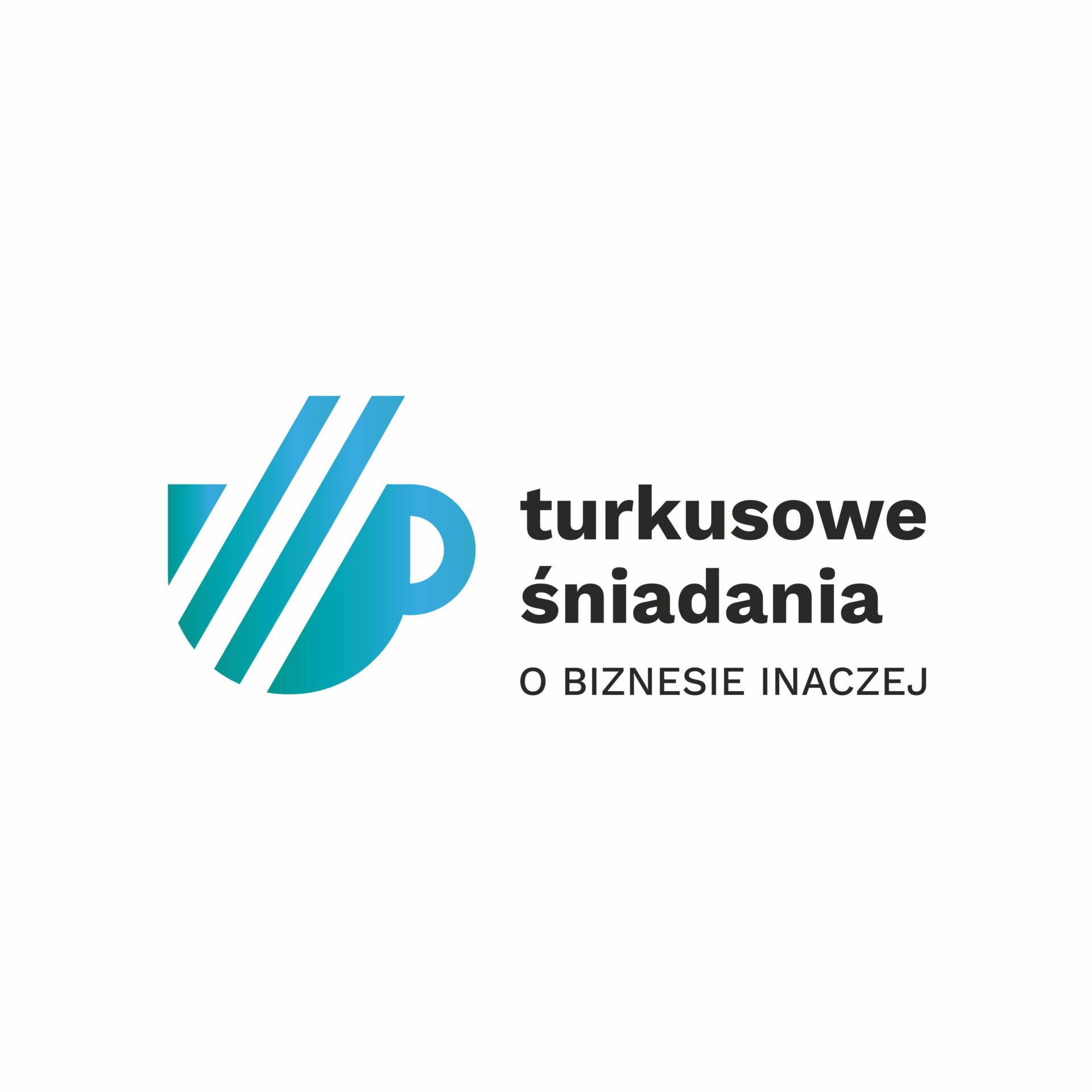Czas na turkusowe organizacje
U podstawy stoją dwie potrzeby biznesowe, po pierwsze budowanie przewagi konkurencyjnej na przesyconym rynku gdzie „już wszystko jest”. Druga potrzeba to utrzymanie wysokiego zaangażowania ludzi w pracy – statystyki pokazują, że ludzie są coraz mniej zaangażowani jedynie 22% w Polsce wg Gallupa. W takich warunkach biznes, który chce odnieść sukces potrzebuje zmienić strategię działania na bardziej turkusową, ponieważ to właśnie odpowiedni czas i miejsce dla sukcesu tego działania.
Turkusowa ewolucja w Polsce
Branża technologiczna zawsze była o krok do przodu przed resztą rynku, to ona wytycza trendy jak działamy zarówno w kontekście narzędzi informatycznych (oprogramowania), jak również sposób pracy (samoorganizacja pracy).
Jednym z podstawowych założeń turkusu jest samoorganizacja w pracy, czyli (w uproszczeniu) oddanie pracownikom władzy. Samoorganizujące się firmy to takie, które pomimo swoich rozmiarów działają sprawnie niczym startupy z Doliny Krzemowej, co w efkcie umożliwia dawanie nowej wartości na rynku. To właśnie startupy potrafią dać nową wartość na rynku, a firmy do tej pory walczyły głównie lepszą jakością lub ceną. Lepsza jakość produktów bądź najniższa cena już nie gwarantuje sukcesu, ponieważ obecnie ilość dóbr i usług przytłacza i sukces odnoszą tylko ci, którzy nadają nowe kierunki branży i kreują zupełnie nową wartość na rynku. Kolejny bardzo ważny aspekt to rynek pracy, który przestaje być już rynkiem pracodawcy. Teraz to pracownik dyktuje warunki i bardzo ciężko o pozyskanie kompetentnych ludzi do pracy.
Ekstremalnym przykładem na to jak wygląda rynek pracownika jest branża IT i startupy, gdzie dochodzi już do tak dużych dysproporcji, że bywają sytuacje gdzie programiści zarabiają więcej niż właściciele firm. Na tak konkurencyjnym rynku bardzo ciężko znaleźć specjalistę, który będzie chciał u nas pracować. W zasadzie prawie wszyscy najbardziej doświadczeni programiści pracują w dużych firmach na kontraktach międzynarodowych lub prowadzą swoje biznesy. W takiej sytuacji firmy informatyczne, które szukają nowych ludzi do pracy wydają coraz więcej na procesy rekrutacyjne, a sam proce trwa miesiącami. Z punktu widzenia pracownika firmy informatyczne w większości kuszą oferowaną kwotą wynagrodzenia oraz tzw. „ciekawymi projektami”. Ponieważ programistów jest mało, a zapotrzebowanie wielkie, wynagrodzenia są stosunkowo wysokie w porównaniu do innych branż, czego efektem jest dyktowanie przez nich warunków współpracy.
Dla firm IT taki stan rzeczy oznacza m. innymi:
- duży koszt pozyskania nowej osoby do pracy,
- długi czas pozyskiwania nowej osoby (nawet kilka miesięcy),
- duża rotacja pracowników, która rodzi lawinę utrudniająca zarządzanie projektami oraz cashflow firm (płynność finansowa, wypłacalność).
O ile do tej pory obserwowaliśmy tę tendencję głównie w branży IT, to od jakiegoś czasu zaczęło brakować rąk do pracy również w innych branżach. Jest to problem zarówno społeczny jak i ekonomiczny na skalę całej Polski, czegoś takiego jeszcze nie było i przedsiębiorcy zostali zaskoczeni tym stanem rzeczy, ponieważ metody zarządzania i rekrutacji, które do tej pory stosowali z powodzeniem przestały działać. O ile jeszcze można znaleźć wspólny język z ludźmi, którzy pracują od kilku lat na rynku, to o tyle zagadkowe bywa pokolenie, które obecnie wchodzi na rynek czyli tzw. milenialsi, którzy stanowią znaczną ilość founderów w startupach.. 😉
Pokolenie milenialsów i kolejne pokolenia są motywowane już zupełni inaczej i innymi rzeczami, poza finansowymi – jeśli w pracy jest “fajnie” to jest to wartością samą w sobie. To z tego powodu młodzi ludzie często decydują żeby pracować w startupie za mniejsze pieniądze w porównaniu do tego mogliby dostać np. korporacji.
Trzy filary turkusu
Samoorganizacja: Zespoły same wyznaczają priorytety i je realizują.
Pełnia: Jesteśmy autentyczni w pracy tak samo jak w domu. Masz “smutny dzień”? Zamiast grać w gry polityczne w firmie czy zakładać maski ujawniasz swoje emocje i to jest OK, bo Ty jesteś OK taki jaki(a) jesteś!
Ewolucyjne sens istnienia: “Dlaczego robimy to, co robimy?” Kiedy jeździmy samochodem, to nie jeździmy od stacji benzynowej, ale tankujemy kiedy potrzebujemy, a cały czas załatwiamy swój biznes. Podobnie jest w tych organizacjach: pracujemy i zarabiamy, bo pieniądze to możliwości realizacji naszego celu, ale nie są celem samym w sobie. Działamy w ramach wyższego celu – w wypadku startupów jest to często zupełna zmiana zasad gry na danym rynku.
Czas na zmianę – turkusowe praktyki w Polsce
Jak się odnaleźć w tym temacie? Najlepiej poznać praktyków i konkretne business case z Wrocławia.
Szczególnie polecam przykłady z Wrocławia tzn. Stowarzyszenie firm technologicznych IT Corner oraz RST, które jako grupa kapitałowa startupów dzieli się swoim doświadczeniem z zakresu turkusowej samoorganizacji. Obie te organizacje były gośćmi na serii spotkań turkusowych śniadań we Wrocławiu.
W tym momencie turkusowe śniadania dają przestrzeń do rozmowy i wymiany doświadczeń o tym jak kreatywne środowisko pracy może wyglądać.
Startupy potrzebują przede wszystkim kreatywności.
Zdobycie kompetencji jest relatywnie proste, bo jest wiele kursów internetowych na dosłownie każdy temat, to jest wiedza, która jest zupełnie darmowa.
Kiedyś trzeba było się zapisać na studia i zaangażować wiele czasu, aby zdobyć dane kompetencje, ale w tym momencie kompetencje coraz bardziej stają się drugoplanowe.
Technologia już jest na tyle zautomatyzowana, że czasem można wyklinać coś, co kiedyś zajmowało nawet kilka miesięcy pracy dla całego zespołu programistów.
Uważam, że tak zwany “mięsień kreatywności” będzie rozwijany szczególnie na naszych turkusowych śniadaniach, bo nasze spotkania istnieją po to, aby dzielić się doświadczeniem i dobrymi praktykami także jest to bezpośrednio związane z tym jak działają startupy.
Co więcej wiele startupów zaczyna się bez wyraźnego lidera są to znajomi, którzy albo ludzie, którzy razem pracują w korporacji lub po prostu studenci albo najzwyczajniej wpadli na tak zwany “pomysł przy piwie” żeby zarobić “Pierwszy Milion”.
Tak czy inaczej często są to znajomi, którzy być może nie mają jeszcze kompetencji liderskich i brak jest takiego wyraźnego lidera ale ze względu na ich obecne relacje nie chcą wyłaniać ze swojego grona szefa – tym momencie po prostu chcą razem budować startup.
Jest wiele przykładów takich jak chociażby Apple czy Google gdzie na początku była dosłownie para/garstka osób, nie było tutaj szefa tylko byli partnerzy.
W turkusie właśnie (współ)działa się na zasadzie partnerstwa, dlatego to co na początku jest startupem, to taka kultura pracy często przybliżona do turkusowej. Startupy z czasem zamieniają swoją kulturę z organicznej na bardziej mechaniczną i tracą w ten sposób elastyczność działania, ale firmy, które działają turkusowo zachowują swoją elastyczność (zwinność działania) nawet mając wielu partnerów (pracowników).
W uproszczeniu, stosując turkus możemy mieć dużą firmę kreującą wartość na rynku tak jak startup od samego jego początku – takie podejście przy obecnej dynamice rynku jest bardzo pożądane.
Co to są “te startupy” i jak się to łączy z turkusem? – materiał video



Zapraszam na turkusowe śniadanie we Wrocławiu i online zobaczyć jak to działa już teraz w polskich firmach. 🙂
Jeśli chodzi o startupowców, to szczególnie zachęcam do sprawdzenia nowości Startup Poland.
Łukasz Turkus Solarski to współorganizator spotkań dla liderów zmiany w organizacjach pt. Turkusowe Śniadania oraz ambasador Startup Poland we Wrocławiu.





